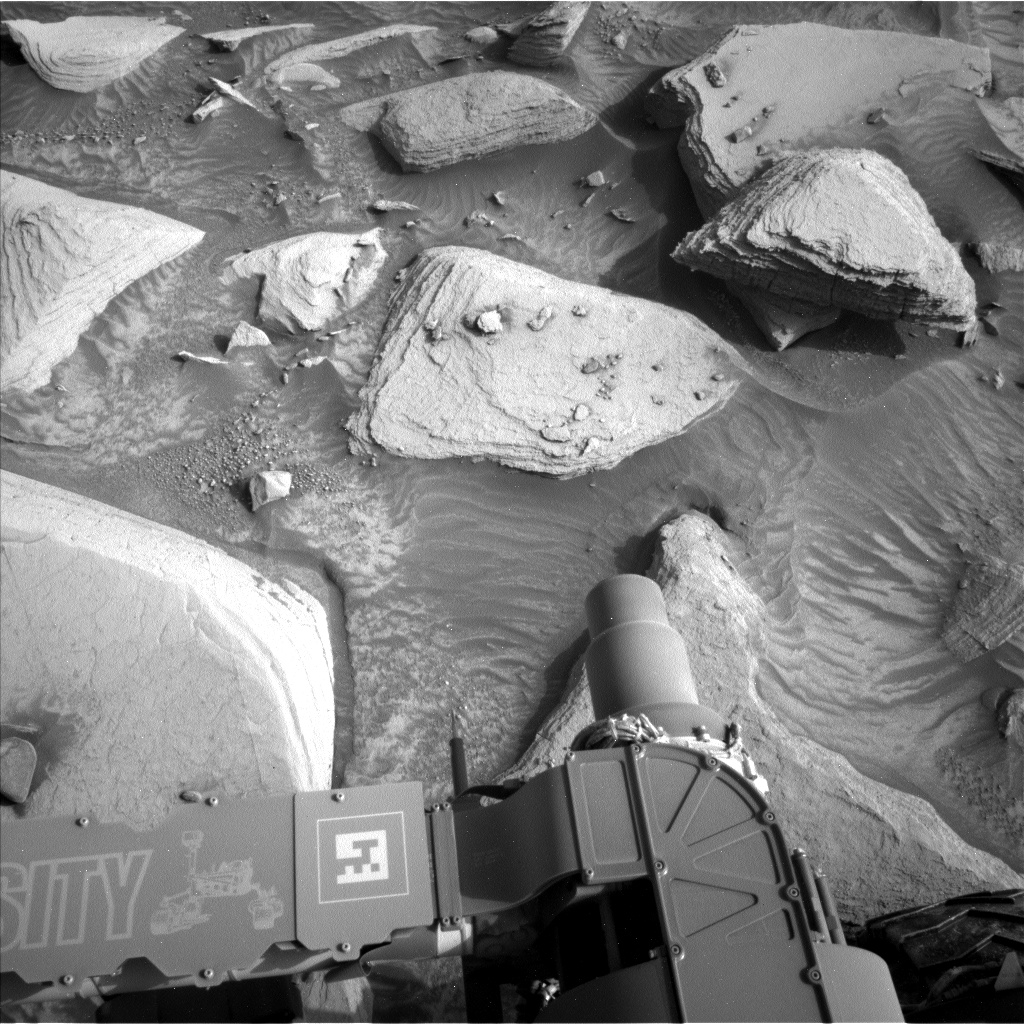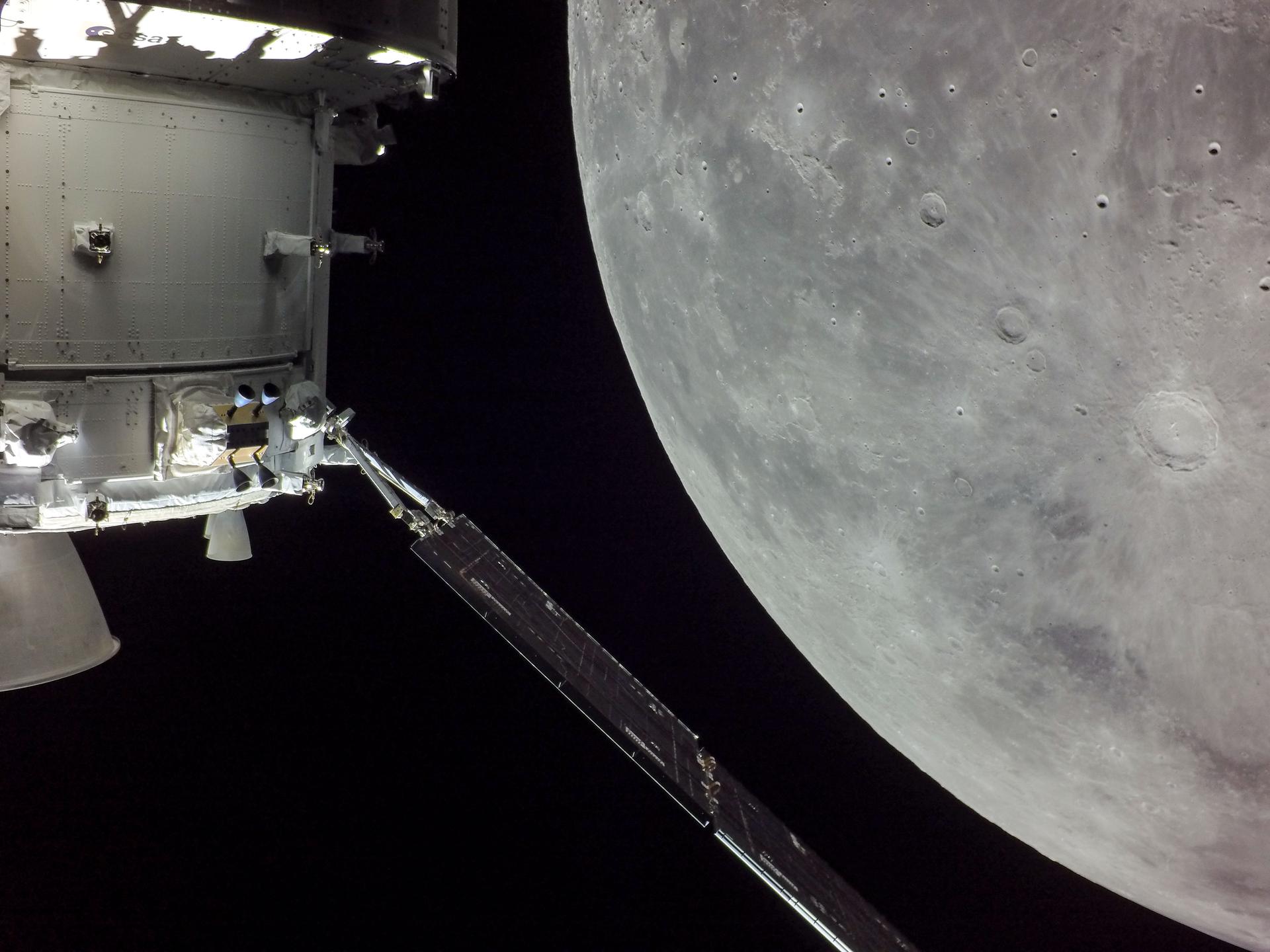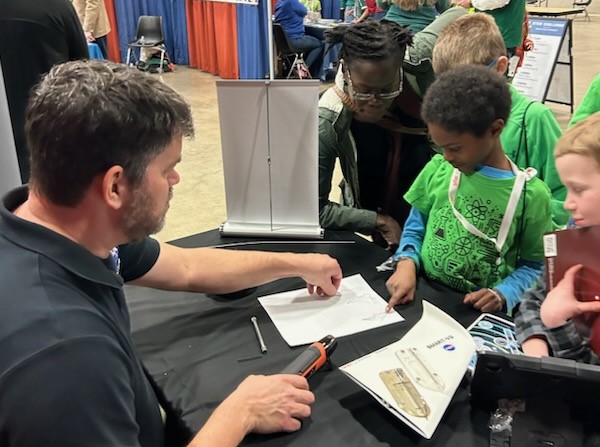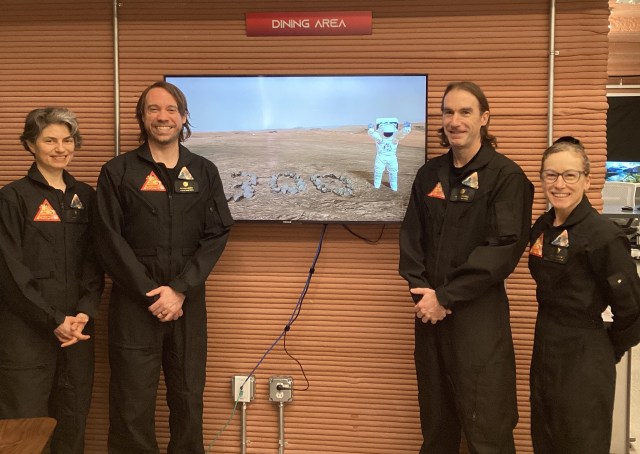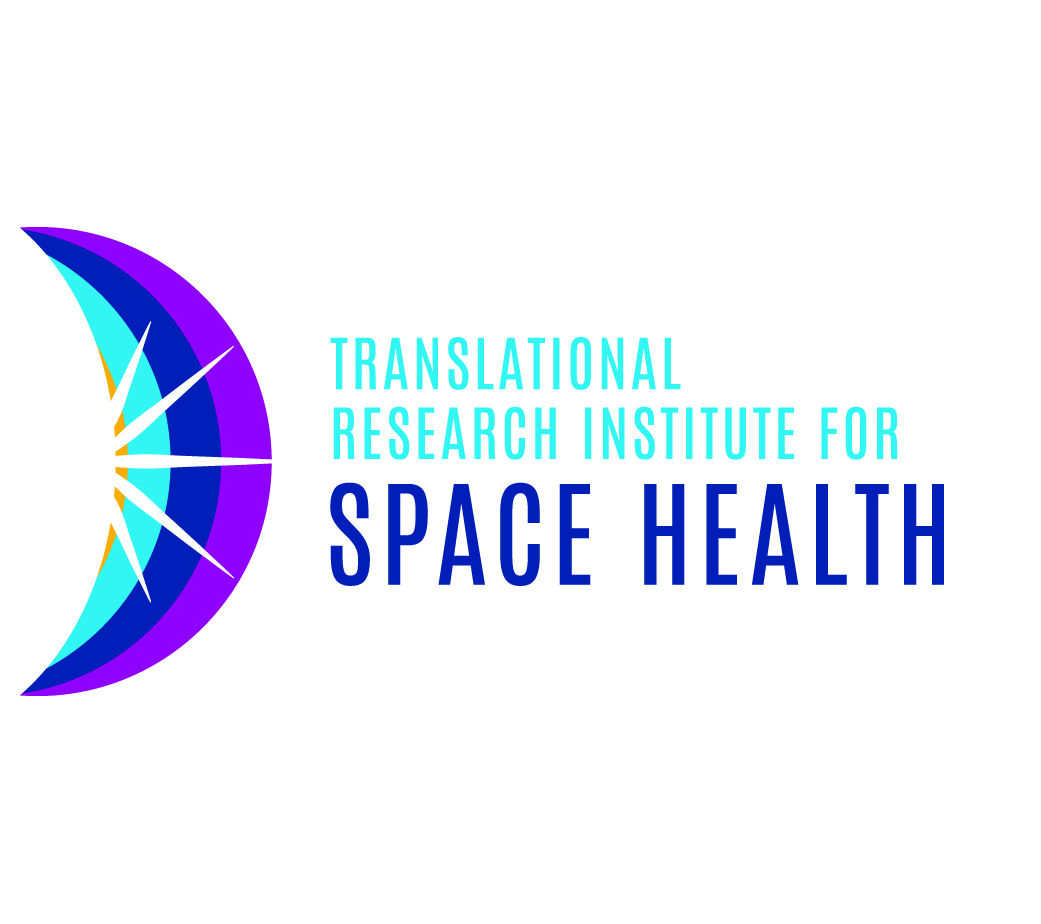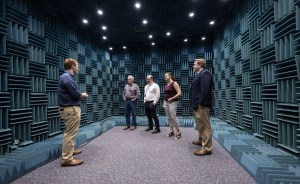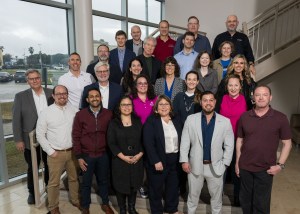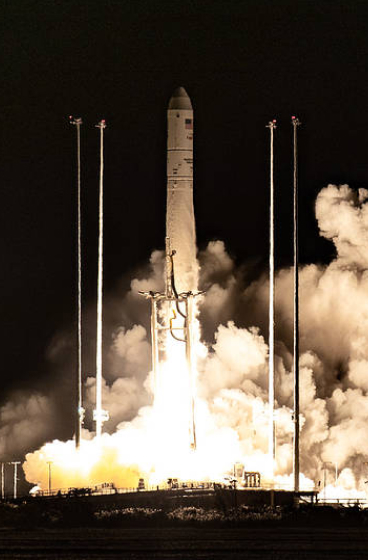NASA’s Human Research Program (HRP) partners with external entities in researching and developing innovative approaches to reduce risks to humans on long-duration exploration missions, including NASA’s Journey to Mars. One of these partnerships is the Translational Research Institute for Space Health (TRISH), a cooperative agreement with a consortium led by Baylor College of Medicine and includes the California Institute of Technology in Pasadena and Massachusetts Institute of Technology in Cambridge. The mission of the TRISH is to lead a national effort in translating cutting edge emerging terrestrial biomedical research and technology development into applied space flight human risk mitigation strategies for human exploration missions.
Translational research is an interdisciplinary model of research that focuses on translating fundamental research concepts into practice, with appreciable health outcomes. The TRISH implements a “bench-to-spaceflight” model, moving results or methods from laboratory experiments or clinical trials to point-of-care astronaut health and performance applications. The goal of the research is to produce promising new approaches, treatments, countermeasures or technologies that have practical application to spaceflight.
The TRISH’s primary objectives are:
- Work cooperatively with the NASA Human Research Program to develop and manage the implementation of a relevant research and technology portfolio of single- and multi-disciplinary teams that will lead to the identification and translation to NASA of novel knowledge and methodologies (across all biomedical, human performance and associated technological disciplines) directly applicable to human health and performance risk reduction strategies for long-duration human exploration of space and planetary bodies
- Promote and provide the means for active collaboration with academic, not-for profit, for-profit, government, military and international entities to create innovative solutions to reducing spaceflight-associated human health and performance risks
- Provide training and development opportunities for scientists, postdoctoral fellows or physicians looking to apply their expertise to solving NASA issues
- Implement a “best value” research program for the available resources, insuring minimal investment in overhead, while maximizing investments in research, collaborations, and technology maturation
To learn more about TRISH please visit: https://www.bcm.edu/centers/space-medicine/translational-research-institute.





